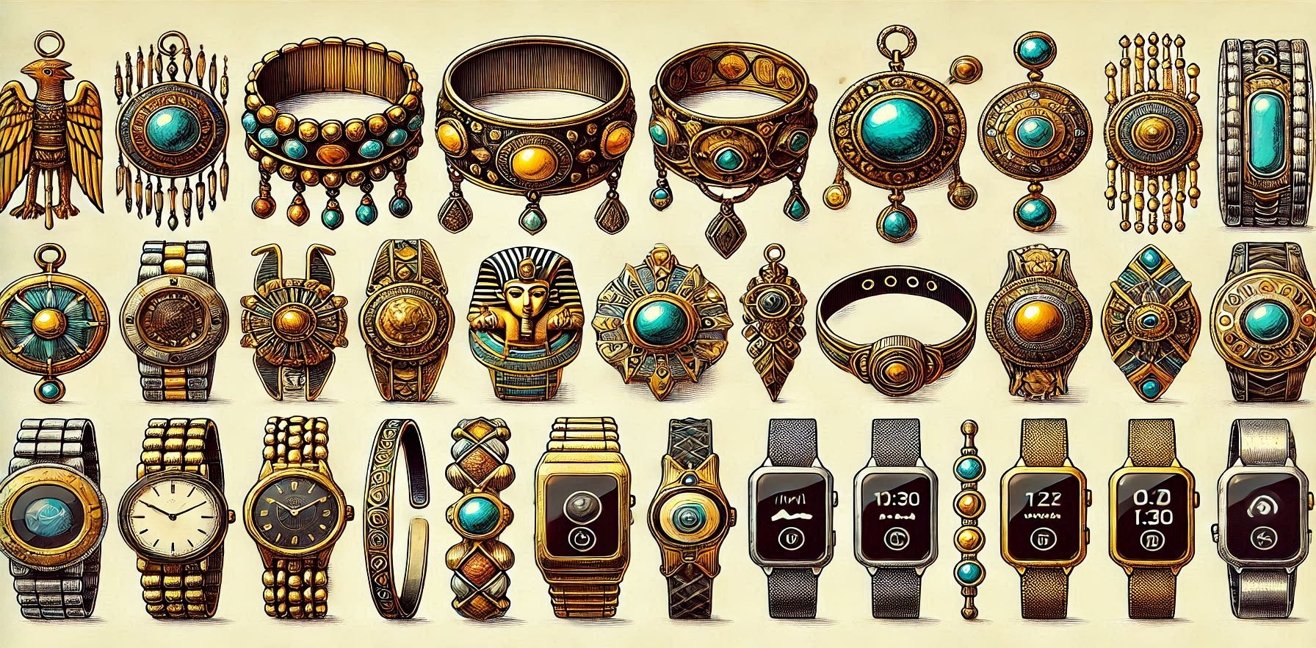The wheel is one of the most important inventions in human history. Despite its simple and fundamental design, the invention of the wheel marked a turning point that fundamentally changed humanity’s life and progress. As a revolutionary invention for humanity, the wheel has been used in countless areas throughout history and has made life easier.
The Origins and Invention of the Wheel
The exact origin of the wheel is not definitively known, but it is believed to have been used between 3500 and 3000 BC in Mesopotamia and the Middle East. The first wheels were made of stone discs and were used in transportation and agricultural activities.
However, the earliest concrete evidence of the wheel’s invention dates back to around 4000 to 3500 BC in Ancient Mesopotamia. There are findings indicating that wheels were used in pottery. Later, with the development of wheeled vehicles and transport carts, the use of the wheel became widespread.
The Benefits and Effects of the Wheel
The invention of the wheel brought about a great revolution in many fields. Especially in transportation and mobility, wheeled vehicles allowed people to carry larger loads more quickly and efficiently. In agriculture, trade, construction, and many other industries, wheeled vehicles provided significant conveniences and increased productivity.
The invention of the wheel also contributed to the development of societies and the increase in cross-cultural interaction. With the development of trade and communication routes, the exchange of goods and cultural exchange between different societies grew.
Conclusion
The invention of the wheel is a revolutionary breakthrough in human history. With its simple but effective design, the wheel has radically changed and advanced human life. Today, the wheel continues to be an indispensable invention for humanity, still used in many fields.




